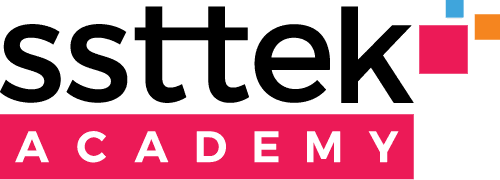The increasing prevalence of remote working in recent years has led to significant changes in the way teams collaborate and deliver projects. While working remotely offers many benefits, it also presents several challenges for product owners who play a critical role in product development. In this blog post, we will examine the challenges product owners face in the remote work environment and offer practical solutions to overcome them.
Communication and Collaboration Challenges
One of the main challenges for product owners in a remote work environment is effective communication and collaboration problems. Without face-to-face interactions, it can be difficult to communicate the product vision, priorities, and requirements and to process them cohesively. In addition, remote work can deprive individuals of the natural communication that increases creativity and problem-solving abilities.
Transparent and frequent communication: Leverage tools such as video conferencing, instant messaging, and project management platforms to facilitate regular communication with the development team, stakeholders, and users.
Structured meetings: Implement regular checkups and planning sessions to keep everyone up to date and address issues as soon as possible.
Active listening and empathy: Encourage team members to actively listen, provide feedback, and show empathy towards problems and different points of view.
Maintaining Productivity and Focus
Working remotely can create distractions that make productivity and focus difficult. Product owners may find it difficult to maintain a consistent work routine and manage time effectively.
Create a private workspace: Create a quiet workspace that helps you focus and minimizes distractions.
Set clear goals and priorities: Define clear goals and priorities and share them with your team, so everyone understands what needs to be accomplished and when.
Time management techniques: Use time blocking, the Pomodoro technique, or other productivity methods to structure your workday and stay focused.

Building Trust and Coordination
Building trust and harmony between the development team and stakeholders can be more difficult in a remote work environment. Without physical proximity, it is essential to build strong relationships and get everyone working towards a shared vision.
Strengthen team bonding: Organize events and casual conversations within the team to maintain friendships and strengthen personal connections.
Share progress and updates transparently: Regularly share project updates, successes and obstacles with your community to maintain transparency and build trust between stakeholders and the team.
Promote autonomy and empowerment: Give the development team the autonomy to make decisions within their expertise and enable them to run their works independently.
Adapting Agile Practices
Agile methodologies such as Scrum are widely adopted in product development. However, remote working may require some adaptations to these applications to ensure they are used effectively.
Asynchronous communication: Adapt to time zone differences and encourage asynchronous communication by documenting decisions, progress updates and feedback on a central platform accessible to all team members.
Collaboration and project management tools: Leverage tools like Jira, Trello, or Asana to monitor progress, manage tasks, and facilitate collaboration in a virtual environment.
Regularly review processes: Continually evaluate and adapt agile practices to fit the remote work environment, incorporating feedback from the team to increase efficiency and productivity.
Working remotely can present many opportunities for growth and innovation, as well as presenting challenges for product owners. By bridging communication gaps, maintaining productivity, building trust, and adapting agile practices, product owners can successfully drive product development in a remote work environment. Tackling these challenges with proactive solutions allows product owners to collaborate effectively with their teams, deliver outstanding products, and adapt to the ever-evolving nature of business.


